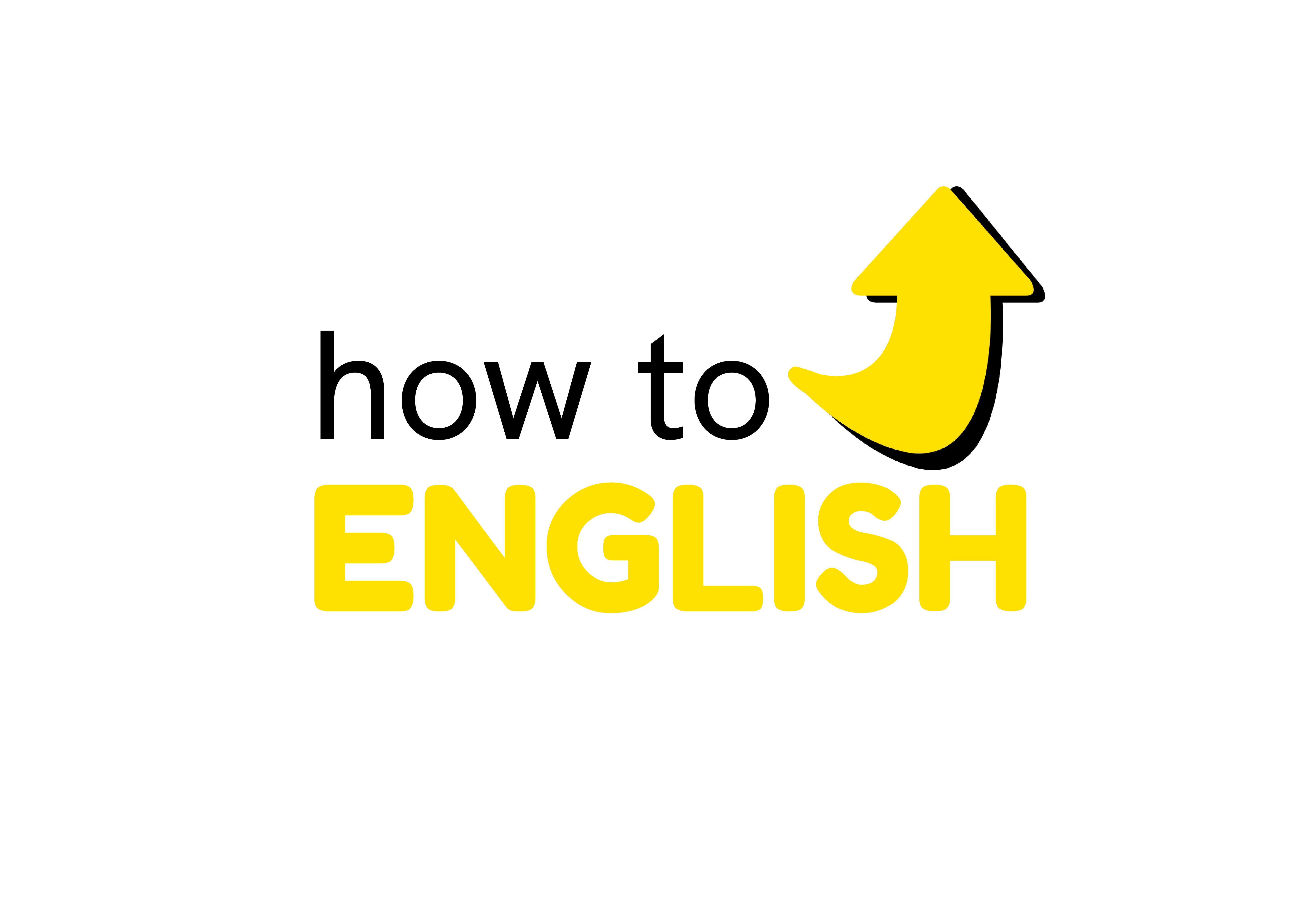There’s no avoiding it.
You can’t live without grammar.
Grammar is the glue that holds everything together, like the mortar that holds the bricks of a house together.
Without the mortar, the house falls apart.
Without grammar, language falls apart.
Most people hate grammar. And I totally understand.
It’s not your fault. It’s traditional teaching’s fault.
English teachers (good ones) are thinking about language most of the time. We think about and analyse the language we use on a daily basis and more importantly, why we use certain language in certain situations. We think about the words we use and the subtle difference between one word and another closely related one.
We do this so much that I think we make the mistake of expecting others (language learners) to do the same as automatically as we do.
I think that on a subconscious level, we take it for granted.
We know all the grammar rules for every language point in English and know when to use one instead of another.
But hang on a sec. What is a grammar rule?
A grammar rule shows you when to use a particularly tense for example by explaining what situation we use it in.
Grammar rules are great for us teachers. They are a compressed version of a situation so that we can know how to teach it.
The thing is, it’s our job to know and understand the English language and all of its small nuances. It’s comes naturally to us because we do it every day.
It doesn’t come naturally to most though, because they do other things every day.
For a language learner, I believe they are of little use. Grammar rules are not the way the brain understands a language naturally.
Grammar rules make perfect sense when you already know and understand the grammar. But if you don’t know and understand the grammar, the rule doesn’t really help you.
It may help you understand it, but it will not help you use it.
It’s similar to when you look up a new word in the dictionary. It will give you a definition, but will it help you use the word?
Probably not.
It’s only when you see and hear the word in a particular situation and context that you are able to use it.
Only using it matters.
Grammar rules lack context.[thrive_leads id=’1049′]
You can only truly understand grammar when you see it in context multiple times.
The human brain learns language naturally through situation and context.
Grammar rules come after. When you know and understand a grammar point, then the grammar rule makes sense.
But you can’t try to learn a grammar point by learning the grammar rule.
The rule comes after, not before.
Unfortunately, most of the time, this is not how traditional teaching methodology teaches grammar.
Take conditionals, for example.
People always say that they don’t understand them and don’t know when to use them. You do not need to learn and understand the grammar rules for the conditionals.
It still surprises me when Spanish speakers say they don’t understand them.
My response is always the same.
“They are exactly the same in Spanish”.
What I mean by this is that the situation in which we use conditionals, and the particular conditional we decide to use is exactly the same in Spanish as it is in English.
If you are a Spanish speaker and you use conditionals correctly in your language, there is absolutely nothing stopping you from using them perfectly in English.
The structure?
Well, there is a small difference in the structure we use, but it is small.
Look at the following conditionals and analyse the difference in situation between the two.
“If I win the lottery, I’ll give my friends and family a load of money”
“If I won the lottery, I’d give my friends and family a load of money”
They are both conditionals, but the structure in the first is slightly different from the second.
Exactly the same conditionals would be used in Spanish here too.
So let’s ask ourselves, what’s the difference in situation between the first and second?
Don’t ask yourself, “What’s the difference in grammar?”
Focus on the situation.
In what situation would you say the first conditional, and in what situation would you use the second?
Well, the person in the first situation has a lottery ticket.
The person in the second does not.
And the grammar reflects the situation.
It’s easier to understand grammar when you look at it as reflecting particular situations.
Analyse the situation, not the rule.
Ask yourself what you use in your language in that same situation. Imagine yourself in that situation, what do you say?
This is when you can start to learn English grammar situations. When you learn grammar situations, grammar doesn’t appear as scary.
It looks more real, more tangible, more human.
Make the English learning process as natural as possible.
The brain does best what it does naturally.
The human brain doesn’t understand grammar rules. More importantly, it doesn’t know how to use grammar rules while using the language.
The brain understands situation and context.
So learn grammar by learning situation and context.
Not grammar rules.
That’s when grammar becomes easy to understand.
